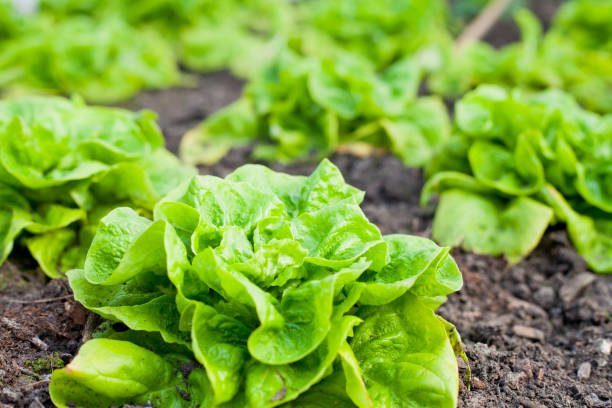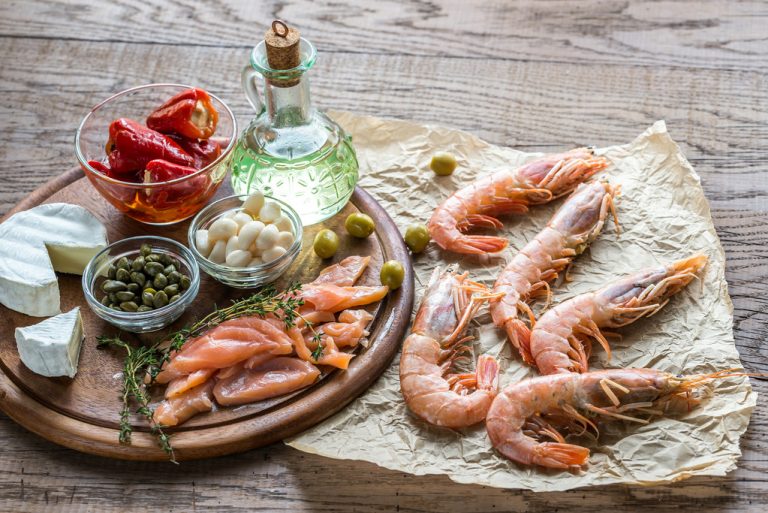Prolonged stress is bad for your health. But what helps against stress? Get to know effective exercises and relaxation techniques to reduce stress now. Simple tips to reduce stress in everyday life and combat symptoms of illness also help.
Causes of stress
Having to do too many tasks at once, juggling work and family, or having too much to do at school or at work. All of this can cause stress in the body. Stressful situations in everyday life or early stress are normal. This can be perceived positively or negatively. However, stress should not be permanent. Because then it can trigger symptoms of the disease. The modern, digital world also provides a strong flow of information and many stimuli that our body has to process. This can lead to inner restlessness and imbalance. Additional time pressure makes the situation worse.
Constant stress in everyday life is harmful to health

Since constant stress can weaken the immune system and increase symptoms of illness, you should reduce stress effectively. Prolonged stress can also trigger anxiety disorders. In addition, the permanent alertness of the body can cause chronic diseases. Accordingly, stress makes you ill and can manifest itself in the form of neurodermatitis, panic attacks, or depression.
Symptoms of stress
Stress often goes unnoticed for a long time because the symptoms of stress are very diverse. Stress hormones can affect various metabolic processes. This leads to a wide variety of symptoms, as the following examples show:
- problems with digestion
- lack of concentration
- sleep disorders
- inner restlessness and nervousness
- back pain or headache
- Higher susceptibility to diseases
- Listlessness and decreased libido
What helps against stress?
Since permanent stress is part of everyday life for many people today, it makes sense to counteract this stress. But what really helps against stress? We have compiled the simplest immediate measures to reduce stress:
1) Take regular breaks to reduce stress
It has been important to take a break from time to time for centuries. Because the body works here cyclically and oscillates between charged and exhausted, like a battery. Regular short breaks work wonders here. So try to find a temporary retreat for yourself. For many, especially non-smokers, this is not a matter of course. Maybe a relaxing cup of tea or a delicious cappuccino in the fresh air can bring the necessary time-out.
2) go offline in between
Whenever a text message or email comes in, or the sounds on your cell phone signal that someone has sent you a message, dopamine is released in the brain. But this messenger substance in the brain not only makes you happy but is also addictive. Consequently, we want to immediately check who wrote to us. And immediately you wonder if it matters. However, these interruptions distract us from the task at hand and ultimately cause stress. Therefore turn off or mute these notifications. Also set up exact time windows for digital media use. This means you can work with concentration and learn effectively.
3) Diet to reduce stress
Our brain needs glucose in order not to fall into a stress hole. It is therefore important to have a good and sufficient breakfast at the beginning of the day. You should also provide your body with good nutrients and vitamins on a regular basis. In order to be able to avoid sweets and cravings, it is better to use healthy snacks. An apple or other fruit or a muesli bar is ideal here. In addition, the following nutrients are important for reducing stress:
Vitamin B: This refers to the group of vitamins that includes vitamins B12, B9, and B3, which affect the nervous system. If the supply balance is not right, this can have a significant impact.
Magnesium: This mineral regulates many biochemical reactions. It increases performance, strengthens bones and heart, optimizes the body’s absorption of other minerals and vitamins, and improves nerve impulse conduction. Important sources include broccoli, spinach, tomatoes, artichokes, peanuts, almonds, cashews, and bananas.
Omega-3 Fatty Acids: The long-chain, polyunsaturated fatty acids are part of the biomembrane of body cells. In order to supply the body with the omega-3 fatty acids docosahexaenoic acid (DHA), eicosapentaenoic acid (EPA), and alpha-linolenic acid (ALA), fatty fish (e.g. herring or salmon) should be consumed regularly. But vegetable oils from rapeseed or walnuts are also good sources.
4) Positive thinking against stress in everyday life
The more positive our attitude towards something, the easier it is for us to do it and the better our performance. Therefore, it is important to look at the positive aspects of the job or task. A list of positive and negative aspects of the work will help you with this. Maybe your job doesn’t bring creative fulfillment, but it does bring good money and a lot of freedom? If the negative aspects dominate, a career change can help reduce stress. And further training can also increase your satisfaction so that you can reduce stress in the long term.
5) Reducing stress by taking a break

A longer break, known as a sabbatical, is a very good way to recharge your batteries. So during this time, you have the freedom and opportunity to focus on something completely different or new. Aspects of being, your interests, and your abilities are also in the foreground here. Consequently, the problems of everyday life are forgotten. You will then return to your everyday tasks refreshed and with new courage and find a new perspective on the old stress.
6) Take deep breaths to reduce stress
Deep breathing leads to more serenity in stressful situations. If you consciously focus on deep breathing, your heart and pulse rate will slow down and your internal organs will be massaged with each breath. In addition, the brain is supplied with more oxygen. Consequently, conscious breathing helps you to reduce stress. Therefore, take time to breathe deeply several times a day.
7) Turn off meditation to the head
Our brain is overwhelmed by constant stress. From a medical point of view, the density of the brain decreases in certain areas and the nerve tracts are overloaded by the many thoughts. We forget things, take a disproportionately long time for some activities, and are unfocused on many tasks. If you meditate daily or are in silence, the nerve cells in the weakened areas of the brain grow again. Also, thoughts change after meditation. Just 10 minutes of meditation a day gives you more serenity and more energy. That’s why we wrote a guide to meditating easily.





















